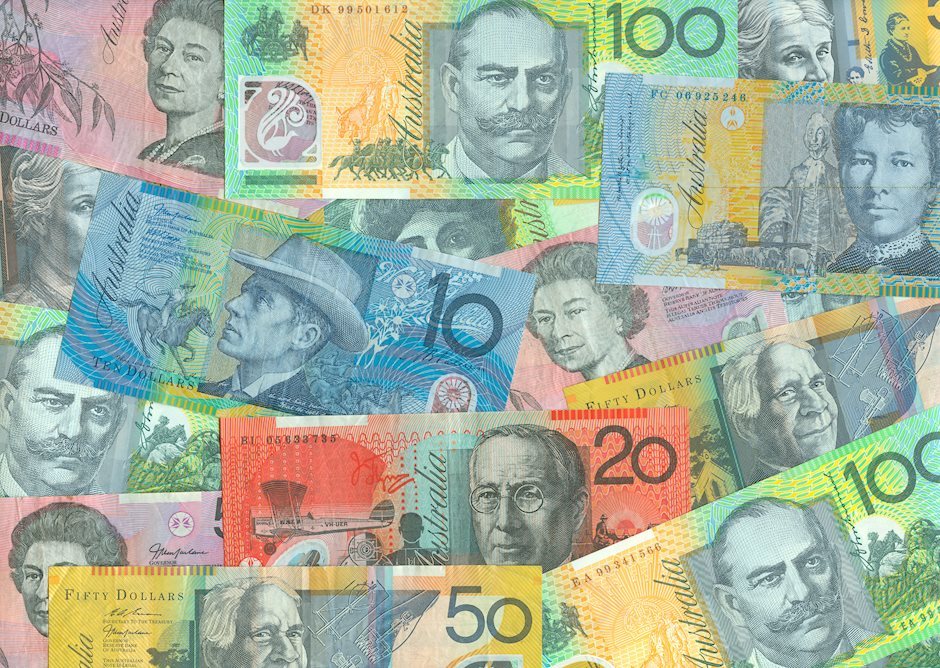AUD/USD retreats towards 0.6950 on softer China Caixin Manufacturing PMI, US data, RBA eyed
- AUD/USD pares daily gains amid softer China data.
- China’s Caixin Manufacturing PMI tracked official NBS Manufacturing in July.
- Concerns over Australia’s gas supplies, mixed PMIs and the US-China tussles also probe buyers.
- US ISM Manufacturing PMI could entertain traders but RBA, US NFP are the key.

AUD/USD reverses the mid-Asian session’s rebound as it drops to 0.6980 after China’s downbeat Caixin Manufacturing PMI for July. With this, the Aussie pair prints mild losses as it stays near the highest levels since mid-June.
China’s Caixin Manufacturing PMI for July eased to 50.4 versus 51.5 expected and 51.7 prior. During the weekend, China’s NBS Manufacturing PMI dropped back into contraction after the previous monthly improvement, down to 49.0 versus 50.4 expected and 50.2 prior. Further, the Non-Manufacturing PMI rose past 52.3 market forecast to 53.8, against 54.7 in previous readouts.
Earlier in the day, final prints of Australia’s S&P Global Manufacturing PMI confirmed the 55.7 mark but the prior readings were revised upwards to 56.2. That said, the TD Securities Inflation for the Pacific nation also improved during July, up 5.4% YoY versus 4.7% prior.
Furthermore, comments from global rating agency Fitch suggesting more stimulus from China also favored AUD/USD buyers before the data. “China to roll out financial tools to boost infrastructure investment,” said Fitch.
On the contrary, China’s warning to the US administration over House Speaker Nancy Pelosi’s visit to Taiwan, as well as fears that Beijing’s stimulus won’t be enough to renew economic recovery, appeared to have weighed on the AUD/USD prices. Further, comments from Minneapolis Fed President Neil Kashkari and the Fed’s preferred inflation gauge appeared to have probed the greenback bears of late. “The fed is still a long way away from backing off rate hikes,” said Fed’s Kashkari to the New York Times (NYT). The policymaker added, “Hiking rates by half a point at coming Fed meetings seems reasonable to me.” Furthermore, the US Core Personal Consumption Expenditures (PCE) Price Index, the Fed's preferred gauge of inflation, rose to 4.8% YoY for June versus 4.7% prior.
Amid these plays, the S&P 500 Futures print mild losses but the US Treasury yields consolidate a recent fall around 2.66%, up two basis points (bps), to portray the sour sentiment and underpin the US dollar’s rebound.
Looking forward, US ISM Manufacturing PMI for July, expected at 52 versus 53 prior, could direct immediate AUD/USD moves. Also important will be the headlines surrounding China and the market’s mood ahead of Tuesday’s Reserve Bank of Australia’s (RBA) monetary policy meeting.
Technical analysis
Despite the recent pullback, the 50-DMA level surrounding 0.6965 restricts AUD/USD pair’s immediate downside but the bears are likely to wait for a clear downside break of the 0.6905 support confluence, comprising the previous resistance line from April and 38.2% Fibonacci retracement (Fibo.) of June-July downside. That said, buyers may aim for the 61.8% Fibo. level near 0.7050 during the further upside.
Author

Anil Panchal
FXStreet
Anil Panchal has nearly 15 years of experience in tracking financial markets. With a keen interest in macroeconomics, Anil aptly tracks global news/updates and stays well-informed about the global financial moves and their implications.

















